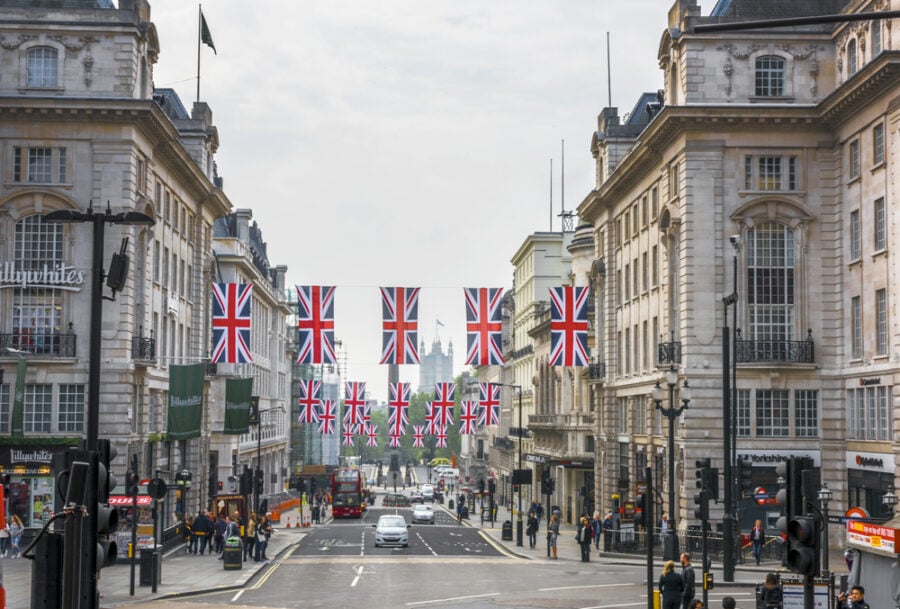The British pound is expected to fall to a historically low level against the US dollar in the last quarter of this year, when the UK’s energy and gas crisis worsens.
This negative scene drawn by the banking group “UBS”, comes as the Bank of England is expected to raise interest rates, today Thursday, by half a percentage point to 1.75 percent, the largest amount since 1995,
“We expect GBP/USD to come under pressure this year,” Thomas Florey, head of currency research at UBS Wealth Management, and Dean Turner, UK economist at UBS Private Banking, wrote in a note published by Bloomberg.
“The eurozone and the UK are likely to experience energy shortages this winter,” they said.
UBS cut its forecast for the British pound to $1.15 in the fourth quarter of 2022, down from its previous estimate of $1.26 to the pound.
And if UBS turns out to be correct around $1.15, Sterling will have fallen to levels hit in the early days of the pandemic and the second lowest on record, after the 1985 low, according to Bloomberg estimates.
Most analysts expect the pound to be relatively stable at around $1.22 through the end of the year, but UBS believes that a Bank of England rate hike will not support the British currency for long with the crisis looming in winter when UK energy bills rise again. .
UK energy bills are set to rise more than expected this winter, as many households struggle to be able to pay them after Russia cut gas shipments to Europe, driving up gas and energy prices for the winter and next year, according to consultancy BFY group last week.
“Many sections of the British people will not be able to pay their bills this winter,” said Gemma Berwick, senior advisor at BFY Group, as reported by The Telegraph. Average families whose parents work will be poor because of fuel (prices).”
The core inflation rate in Britain rose to 9.4 percent, and the Bank of England expects it to reach 11 percent at the end of the year. While the “Resolution” think tank says it will reach 15 percent in early 2023, as the repercussions of the Russian-Ukrainian war combine with post-pandemic pressures on the global economy.
A Reuters poll published on Monday showed that more than 70 percent of 65 economists expect the Bank of England to raise interest rates by half a percentage point in an attempt to prevent high inflation.
In its latest forecast in May, the Bank of England said it expected almost no growth for the British economy before 2025 at the earliest.








